The last four years of G20 presidency have been remarkable in more than many ways. The most important dimension was that it has been steered by the developing countries and the Global South agenda starting with Indonesia, India, Brazil and now South Africa. The baton will pass on to the absentee hyperpower, the United States, since President Donald Trump, due to his quixotic attitude towards the host country, has decided that no US official will participate at the G20 Summit in Johannesburg.
The US is acting as a spoiler while in the larger scheme of things and its global leadership position one would have legitimately expected it to be gracious. But then we are living in uncertain times when the so-called liberal order, amidst chaos and wars and unilateralism and protectionism and self-aggrandisement, has been sacrificed by the very powers that spawned and nurtured it for decades. But the G20 Summit will continue to focus on the important issues for the Global South.
As such, for all the three presidencies, the going has not been easy. Geopolitics between Russia and the West almost derailed it but for India’s astute diplomacy, which became a beacon of hope and healing especially for the Global South countries, since across the spectrum inclusivity, equity and justice were the fundamental tenets for India’s dictum of ‘Vasudhaiva Kutumbakam’—the world is one family—applied in spirit and essence. During 2022-23, India made the G20 into G21 by including the African Union with 55 countries as a permanent member and thereby giving it a much-needed voice and platform, which was an iconic achievement. It also emerged as a bridge-builder in a fractured world and brought all opposing actors to join hands.
India even helped Indonesia in crafting an acceptable formulation on the Russia–Ukraine war. More importantly, India’s example provided a roadmap for transforming the G20 from a forum focused solely on economics into a platform with a human-centric approach, laying the foundation for a more inclusive and equitable global future. SDGs were accelerated; crippling debts of the developing countries were addressed; climate finance and technology provisions were accentuated; renewables and the Global Biofuels Alliance were launched; and the weaponization and politicisation of food, fuel and fertilisers were stunted.
Quick Reads
View AllIndia, being a part of the Troika, continued to assist the Brazilian presidency since there has been a developmental focus for all, especially the developing countries. The Rio Declaration carried forward the Indian focus. Likewise, irrespective of the headwinds of the South African Presidency (November 22-23), India has stood strong with Pretoria all the way. Our paths are moving in the same direction.
South Africa’s presidency theme of “Solidarity, Equality and Sustainability” and its priorities are as below:
Strengthening disaster resilience and response;
Ensuring debt sustainability for low-income countries;
Mobilising finance for a just energy transition; and
Harnessing critical minerals for inclusive growth and sustainable development.
As such, India had launched the Coalition for Disaster Resilient Infrastructure (CDRI) while emerging as the first responder during any human or natural crisis, from pandemic to wars. India had established the CDRI as well as the Disaster Risk Reduction Working Group of G20. India’s Digital Public Infrastructure Initiative (DPI) and PM Modi’s call of ‘AI for ALL’ and making it a global good blend very well with South Africa’s priorities. AI governance is a critical frontier, and developing countries should have their voice in its formulation. India’s Chairmanship of the Global Partnership on Artificial Intelligence (GPAI) in 2024, following closely on the heels of its Presidency, provided us with an opportunity to set the contours for the same. India will also be hosting the India-AI Impact Summit 2026.
Pretoria has instituted three temporary Task Forces, viz. (i) Inclusive Economic Growth, Industrialization, Employment and Reduced Inequality; (ii) Food Security; and (iii) Artificial Intelligence, Data Governance and Innovation for Sustainable Development for delivery of high-level outcomes. As South Africa ipso facto focuses on the continent — a report of the G20 Extraordinary Committee on Global Inequality — and has also adopted the G20 Africa Engagement Framework.
At this 20th meeting of the G20 Heads of State and Government, scheduled from 22 to 23 November 2025, there are three sessions scheduled with an intervention to be made by India as a G20 member in all sessions:
Inclusive and sustainable economic growth leaving no one behind—building our economies; the role of trade; financing for development and the debt burden
A Resilient World – the G20’s Contribution—Disaster Risk Reduction; Climate Change; Just Energy Transitions; Food Systems
iii. A Fair and a Just Future for All—Critical Minerals; Decent Work; Artificial Intelligence.
India will continue to focus on the need for financing for disasters that motivates ex-ante DRR such as parametric insurance, risk pools, contingent credit, catastrophe bonds, insurance guarantee facilities linked to elective delivery mechanisms, particularly adaptive social protection systems. On women-led development, the Indian position and efforts will be reiterated. Terrorism has to be countered as a global problem with global solidarity. On food security, which is also an important focus area this year, India will highlight the Deccan High-Level Principles adopted during the Indian G20 Presidency.
The reforms of the multilateral institutions and existing global governance architecture are long overdue and must be re-emphasized and worked upon. As global economic growth is facing stress and slowing down to about 3.1 per cent in 2026, it is imperative that accelerated, inclusive and resilient growth becomes a key priority, as it was also one of the priorities of the Indian Presidency.
India will be reiterating the global solidarity and inclusivity with mutual respect in the hope that collective efforts of the G20 can find solutions to the world’s shared challenges. India will continue to play the role of a bridge-builder in the G20, trying to find common ground on issues of difference between the various members. Of course, PM Modi will be conferring with several G20 leaders on the sidelines of the Summit. Meanwhile, the gains for the Global South have been significant during the last four presidencies of the G20 and hopefully the momentum will be maintained.
(The author is the former Indian Ambassador to Jordan, Libya and Malta and is currently a Distinguished Fellow with Vivekananda International Foundation. Views expressed in the above piece are personal and solely those of the author. They do not necessarily reflect Firstpost’s views.)


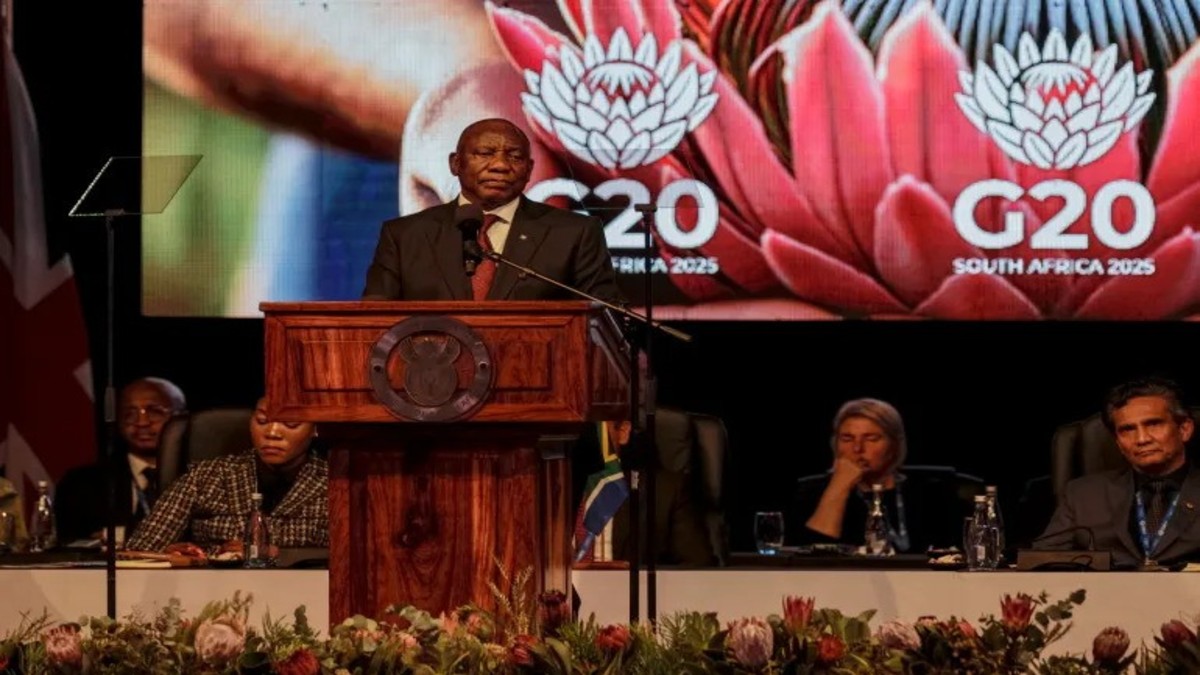)
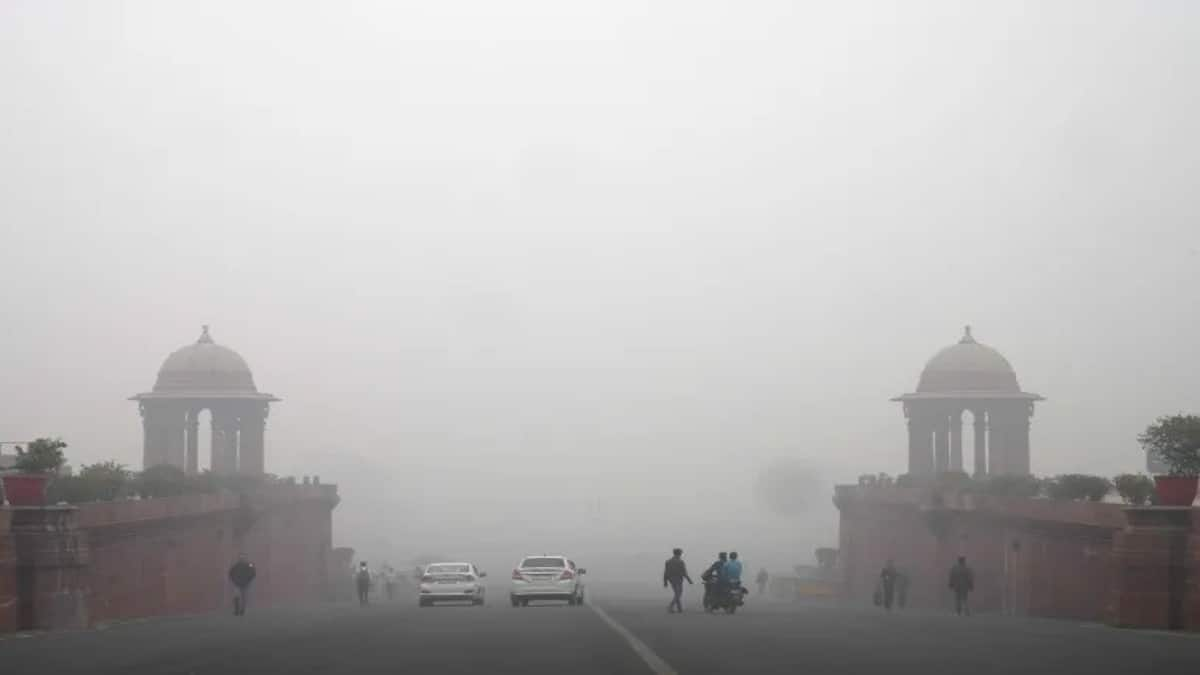
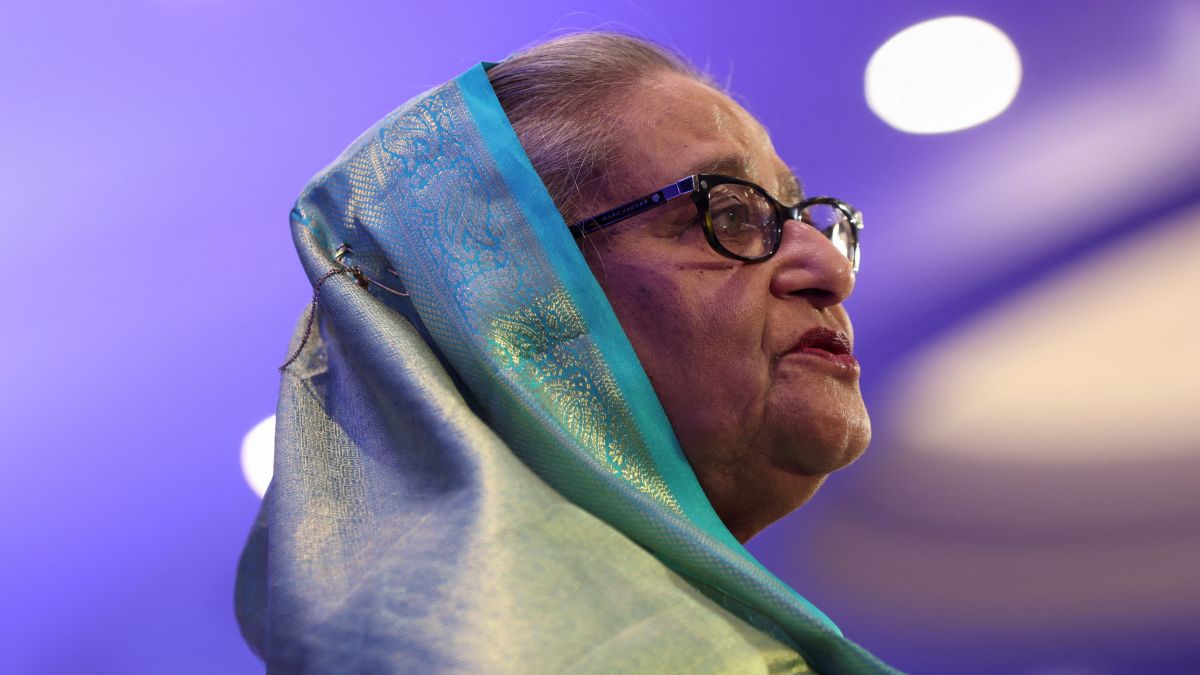)
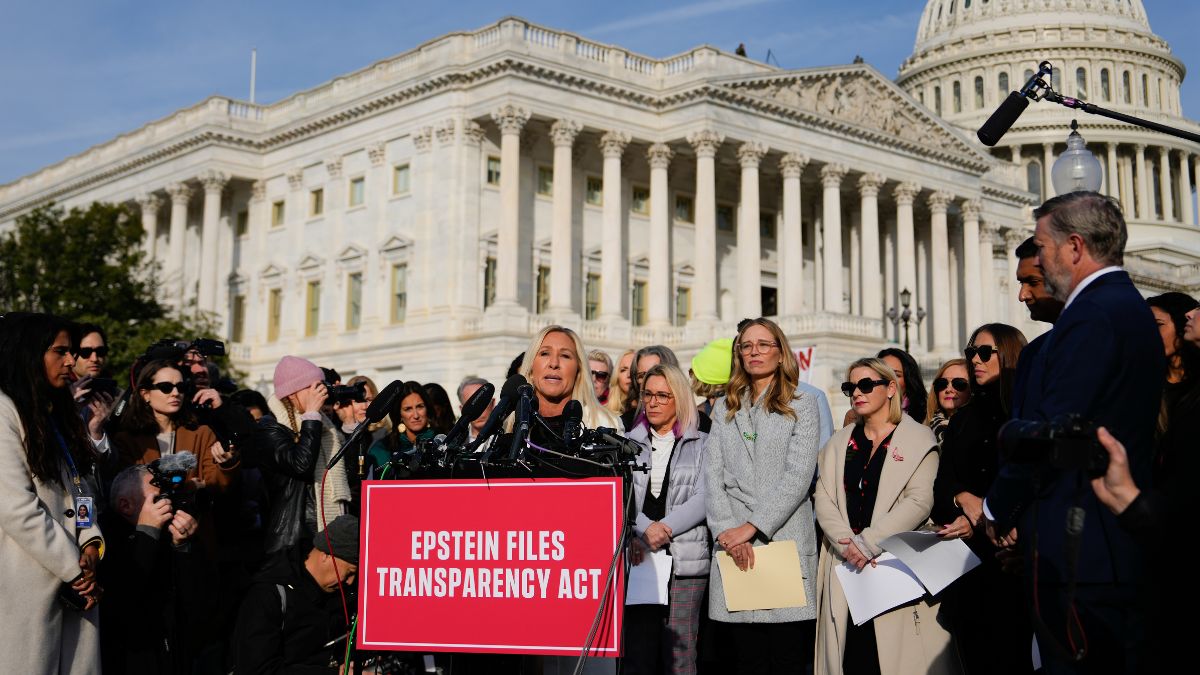)
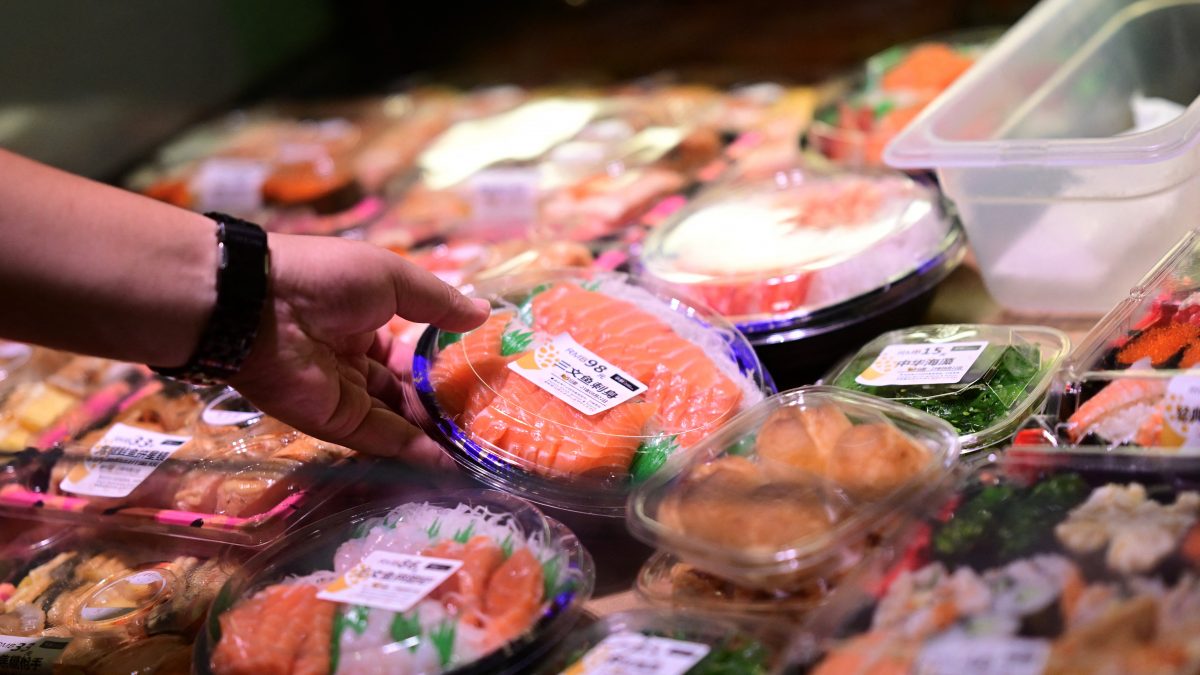)
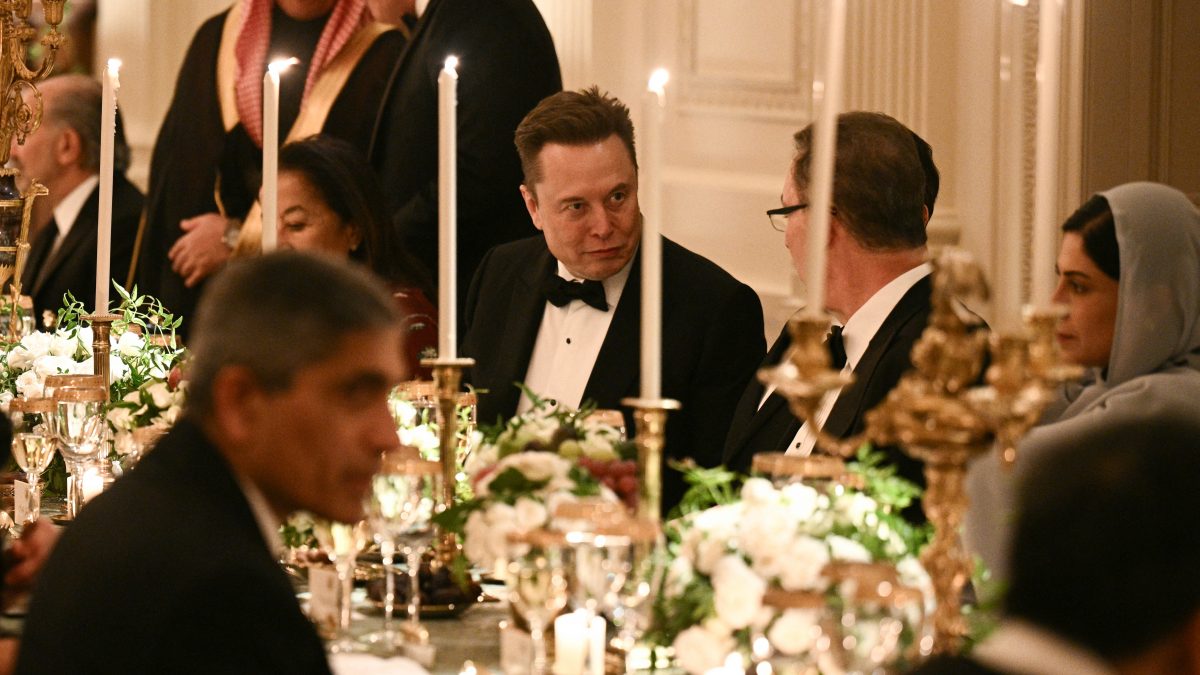)
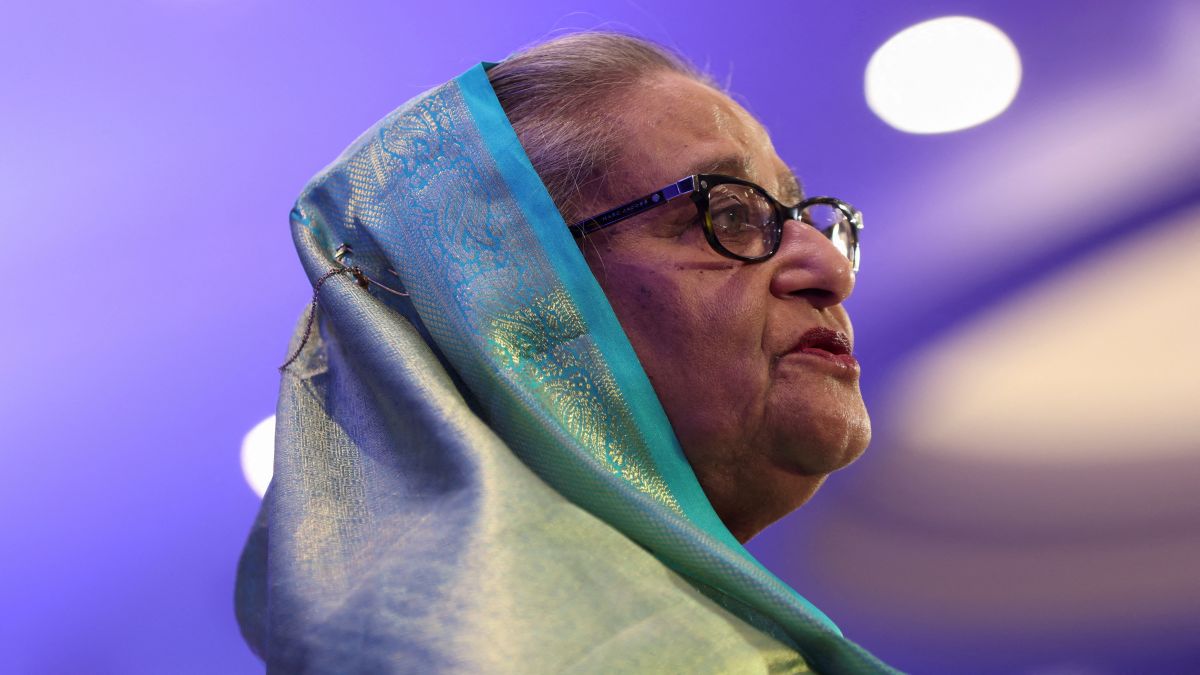)
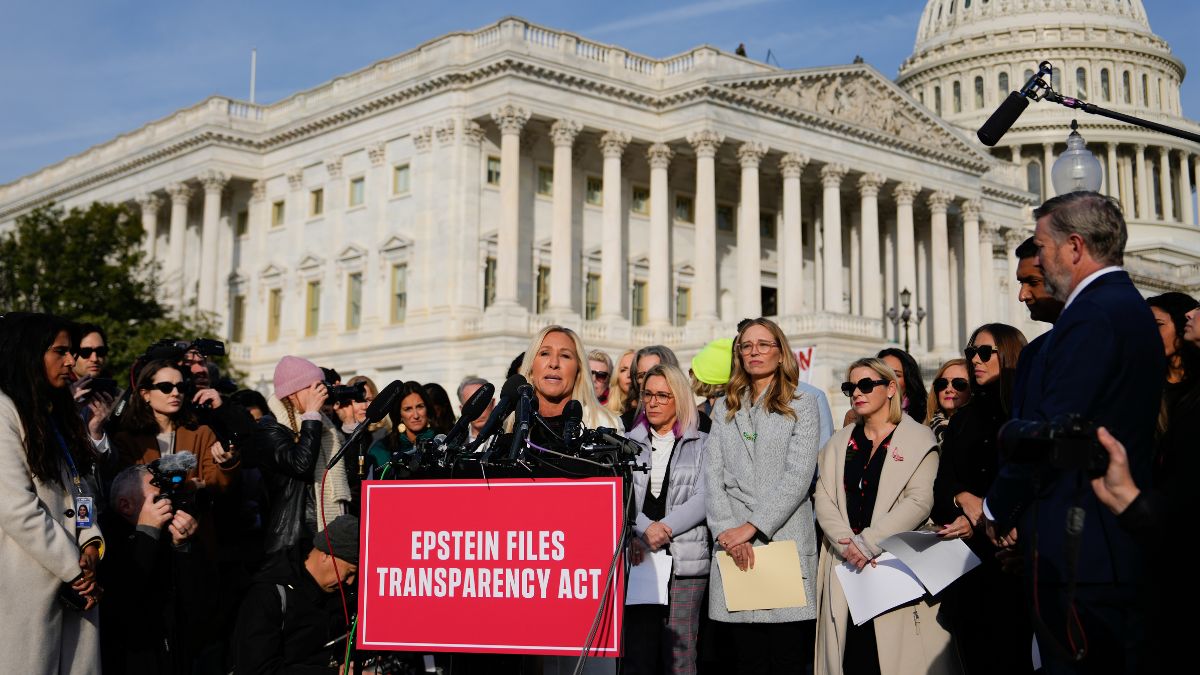)
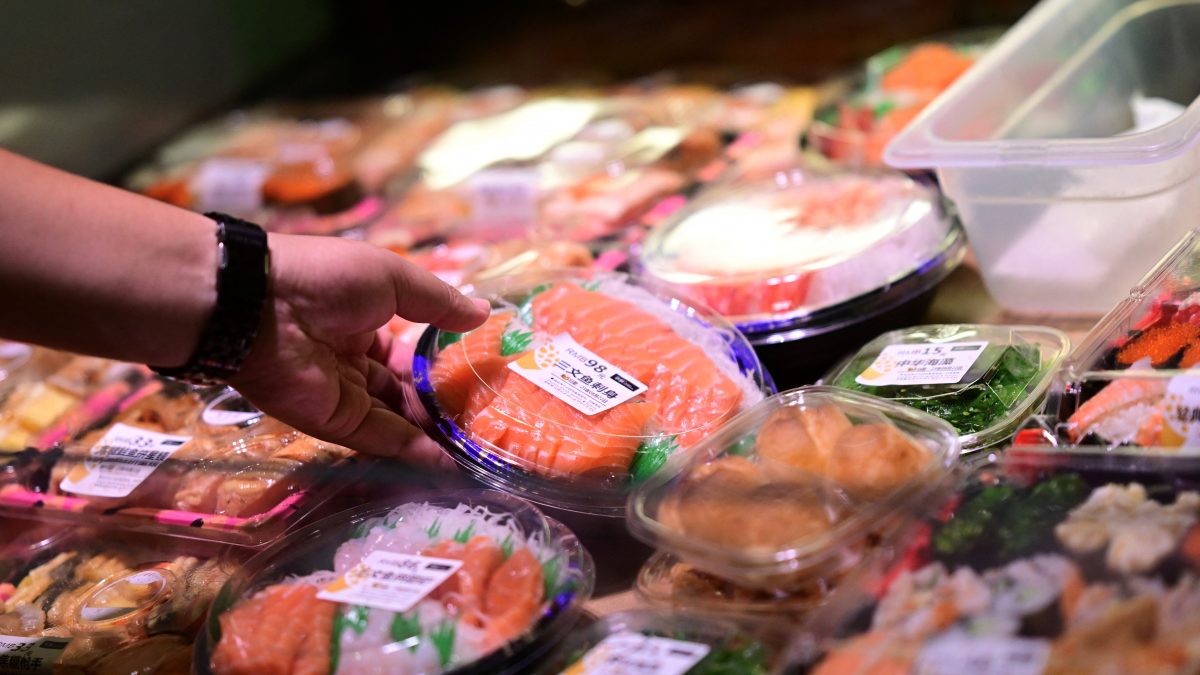)
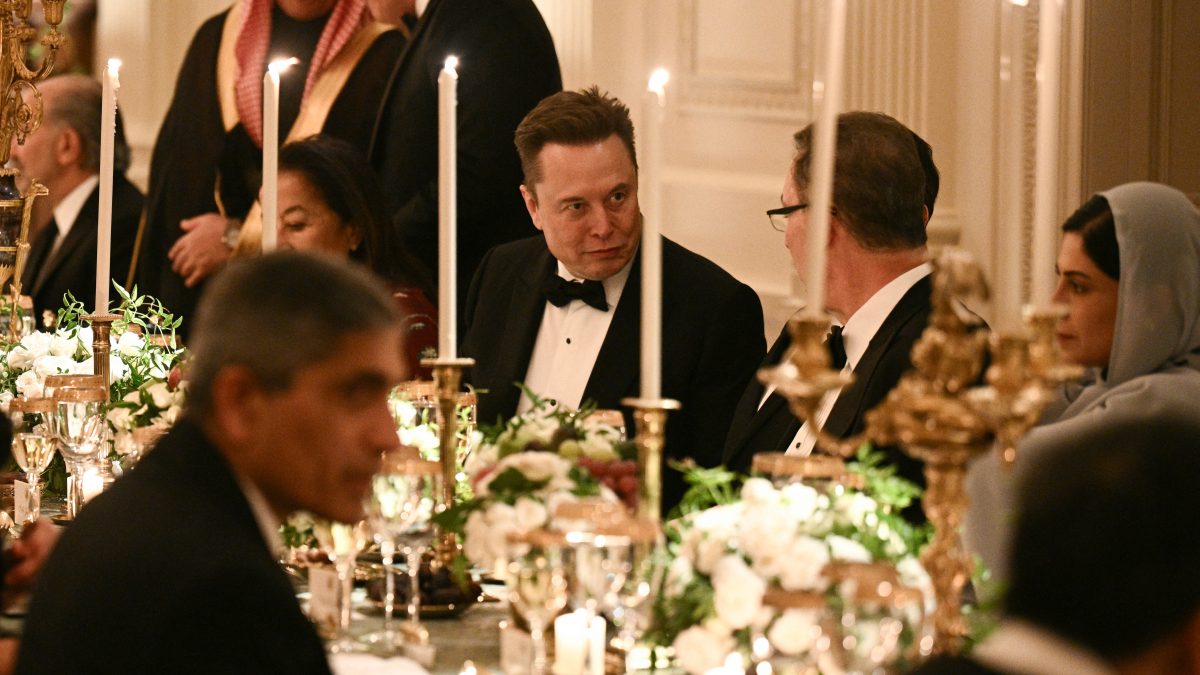)



